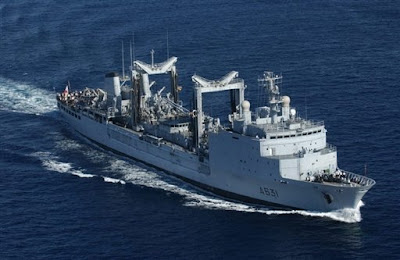 A BOMB tore through the Nevsky Express shortly after 9.30pm on Friday 27 November killing at least 30 and hospitalising 96.
A BOMB tore through the Nevsky Express shortly after 9.30pm on Friday 27 November killing at least 30 and hospitalising 96.
The blast derailed the train's rear three carriages sending passengers hurtling.
A second, less powerful bomb, exploded at the crash site at 11am on Saturday.
The bomb exploded near the village of Uglovka, 250 miles northwest of the capital.
The 14-car train was travelling from Moscow to Saint Petersburg and is known to carry businessmen, politicians and tourists.
No group has yet claimed responsibility for the attack but Chechen rebels are the prime suspects.
In 2007 Russian authorities blamed them for a bomb that derailed the same service and injured 30 people.
Aleksandr Bortnikov, head of the Federal Security Service, said that a device containing the equivalent of 7kg of TNT had been used in what was Russia's worst terrorist attack outside the Caucasus in five years.
Patriarch Kirill, head of the Orthodox Church, led prayers for the victims.
He said the attackers were determined "to frighten everybody who lives in Russia" and urged the Russian people to display a strong will "for a victory over terror."
The attack is part of a long history of conflict that has spilled over from the Caucuses into Russia's heartland.
In February 2004 at least 30 people died in an explosion in the Moscow Metro and in 1999 a series of bombings throughout Russia allowed President Putin to order a military assault on Chechnya.




 Assistant Chief Constable Garry Shewan said: “I would like to thank all those people who came to Manchester today and protested peacefully for their patience and understanding.
Assistant Chief Constable Garry Shewan said: “I would like to thank all those people who came to Manchester today and protested peacefully for their patience and understanding.
